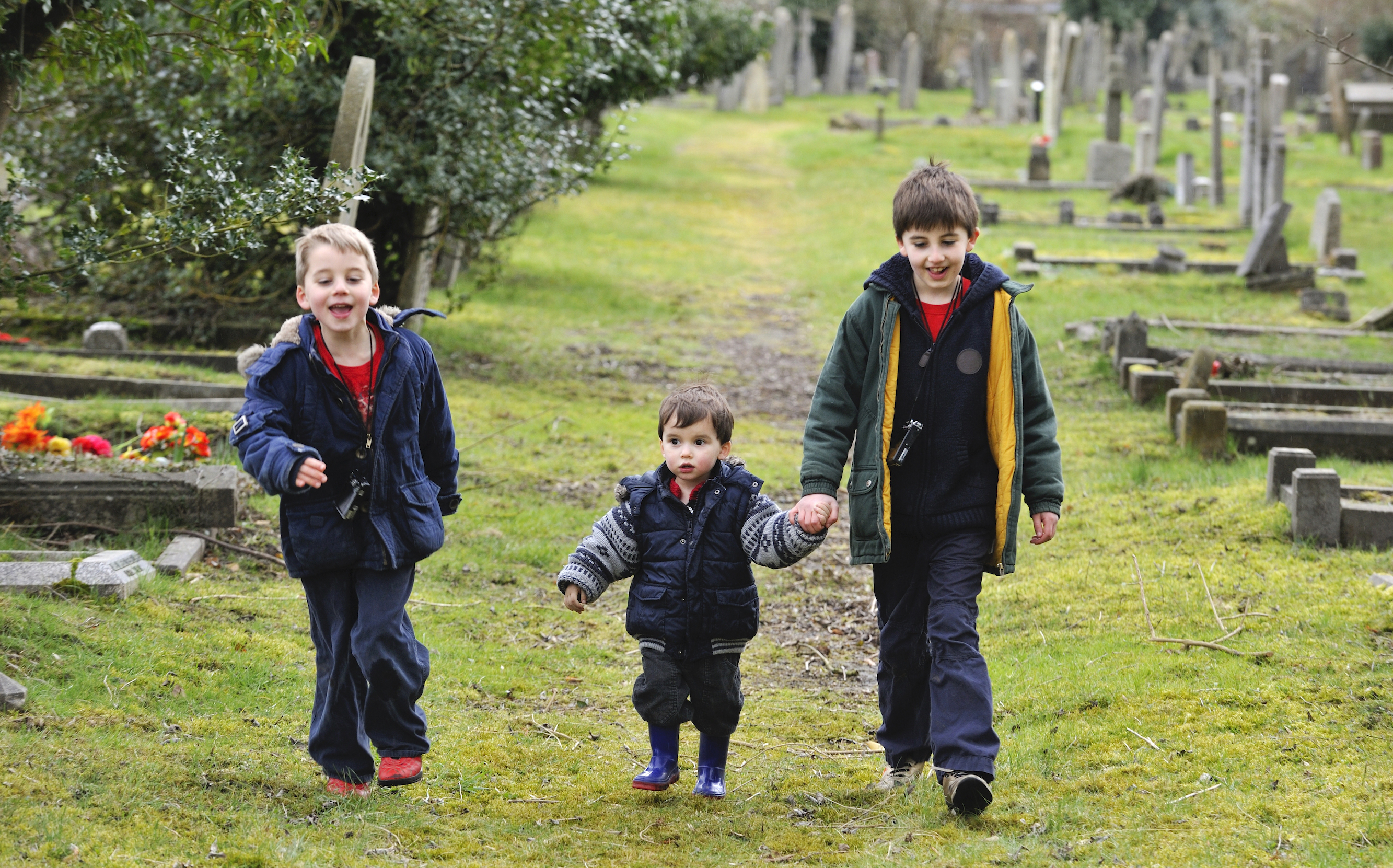
Arts & Culture
Bringing new life to cemeteries

Cultural anthropologist Dr Hannah Gould researches death and discarding – looking at spirituality and how COVID-19 is changing the way we deal with the dead
Published 3 February 2021
“One of the things I’m continually surprised about is just how creative and resilient people can be around death, dying and memorialisation,” says Dr Hannah Gould, ARC Research Fellow at the DeathTech Research Team, based at The University of Melbourne.
“I think there’s a kind of belief that death is very taboo... but actually, we continually encounter a great degree of creativity in how people want to memorialise the dead, how people want to be remembered themselves and how they feel about the future of our cemeteries and cemetery spaces.

Arts & Culture
Bringing new life to cemeteries
Dr Gould’s work shows that two-thirds of Australians are open to new and perhaps innovative uses for cemetery spaces including walking tours, botanical gardens, fitness classes – or even public events like theatre or festivals.
“Our word for cemetery comes from the Greek for ‘a sleeping place’,” says Dr Gould. “So the dead are at peace, for example. But now, they’re also popping up with Facebook notifications or you might even have an AI bot that Tweets out for you after you’ve passed. If you can continue participating in contemporary debates, well, when does your identity end?”
Dr Gould says that the COVID pandemic has changed some of our attitudes to death and dying.
“During the pandemic, we have had the ‘clap for the carers’ or frontline heroes events. That’s often really focussed around healthcare professionals like doctors who are doing extraordinary work.”
But Dr Gould says it should also be noted that the end-line, the frontline workers who work in death care have been putting themselves on the line to care for the dead.
“They have an extreme level of respect, care and love for the dead, particularly when they know that that person has not seen any bereaved family member for a very long time because of lockdown,” says Dr Gould.
“I’d love for people to think more about their own death and mortality and how that might affect future generations and what they’d like to happen for them.”
Episode recorded: Jan 14, 2021.
Interviewer: Dr Andi Horvath.
Producer, audio engineer and editor: Chris Hatzis.
Co-producers: Silvi Vann-Wall and Dr Andi Horvath.
Banner: Getty Images